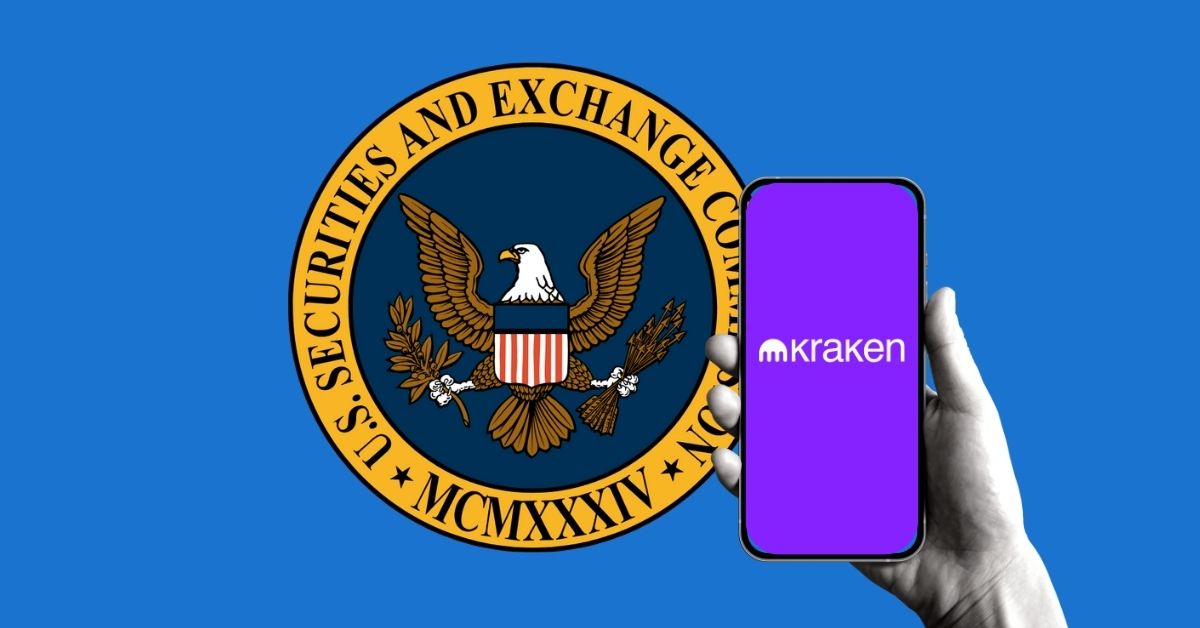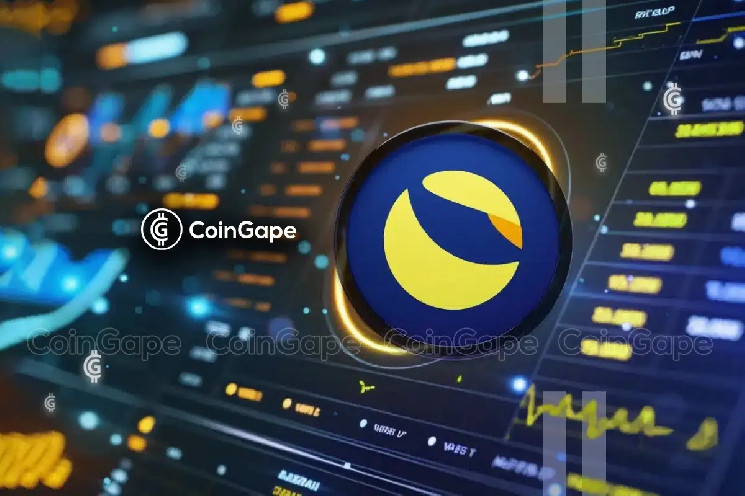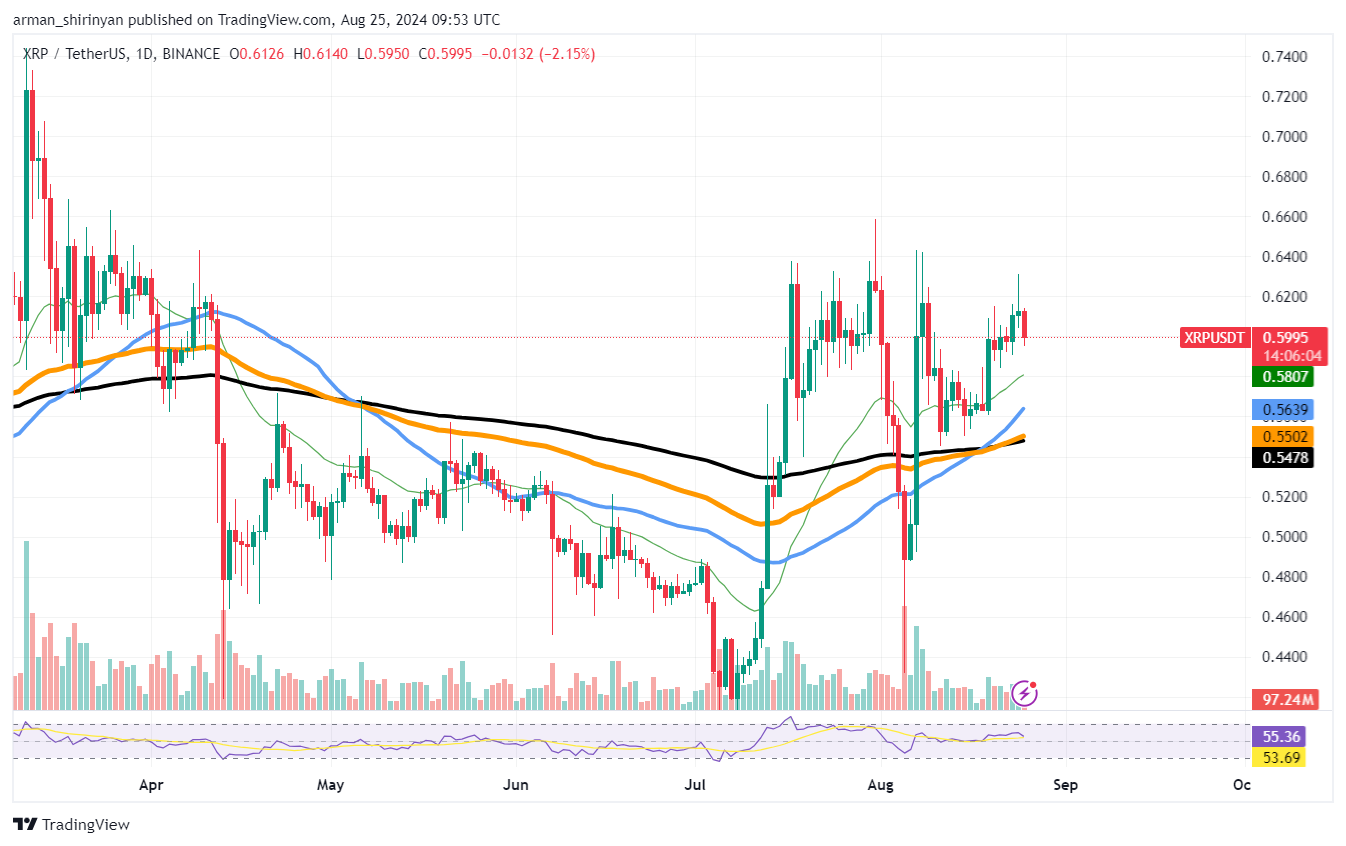The Chamber of Digital Commerce (CDC) has entered the legal battle between the 12-year-old crypto exchange Kraken and the U.S. Securities and Exchange Commission. The CDC has filed an amicus curiae brief in support of Kraken, which can essentially shape the future of the digital asset industry.
CDC’s Objectives Against the SEC’s Approach
Founded in 2014, three years after the birth of Kraken, the Chamber of Digital Commerce, the world’s largest digital asset and blockchain trade association has filed an amicus brief in the SEC v. Kraken case.
The main contention of the CDC is against the SEC’s regulatory overreach and its attempt to expand the scope of securities laws to regulate all digital asset transactions as securities transactions are legally flawed and pose a threat to the adoption and advancement of blockchain technology.
Arguments Presented by the CDC
In its amicus brief, filed on 27th February, the CDC states, “The SEC’s continued insistence to regulate all digital asset transactions as securities transactions is wrong as a matter of law and a threat to the adoption and advancement of blockchain technology. Contrary to the SEC’s interpretation, digital assets are not inherently ‘investment contracts.’”
The CDC’s amicus brief presents several compelling arguments against the SEC’s approach. One of the key arguments is about the SEC’s misconception that the subject of an investment contract is equated with the investment contract itself. The CDC asserts, “Digital assets are nothing more than lines of computer code. Such code unlocks functionality on particular blockchain networks. But digital assets are certainly not securities.”
The CDC cites legal precedents, stating, “Other courts considering this issue have recognized that digital tokens are not inherently securities.” It cites cases such as SEC v. Ripple Labs, Inc., and SEC v. Telegram Group Inc., where the US Courts have clarified that the nature of digital tokens must be assessed on a transaction-by-transaction basis, and the mere existence of a digital asset does not automatically categorize it as a security.
Moreover, the CDC challenges the SEC’s regulation-by-enforcement approach, highlighting separation of powers and due process concerns. The brief contends that clear regulations are essential for the rapidly evolving blockchain and digital asset industry, emphasizing the need for Congress to provide statutory clarity rather than relying on the SEC’s enforcement actions.
Kraken’s Legal Battle and the CDC’s Support
The SEC initially sued Kraken in November 2023, alleging unregistered securities exchange operations, broker-dealer activities, and other regulatory violations. Kraken has consistently denied the charges and filed a motion to dismiss, arguing that the allegations primarily revolve around failure to register rather than fraudulent activities.
This case is distinct from Kraken’s previous settlement with the SEC over its staking services, in which Kraken agreed to a $30 million settlement and ceased offering those services in the U.S. in February 2023.
Similar SEC cases against other major crypto exchanges, including Coinbase and Binance, are also underway, all alleging unregistered exchange operations. These cases, initiated in June 2023, are reflective of the SEC’s broader efforts to assert regulatory authority in the digital asset space, inherently considering digital assets as “investment contracts.”







